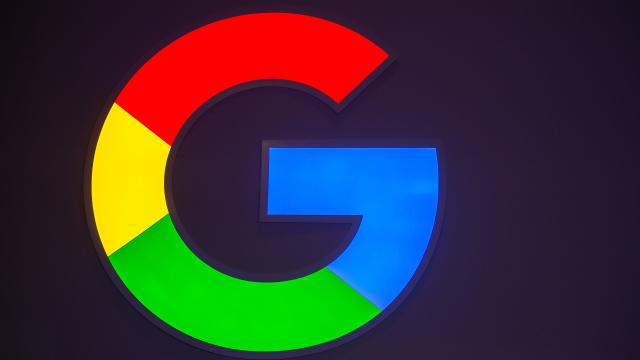Texas Attorney General Ken Paxton announced on Wednesday that his state is spearheading a new antitrust lawsuit against Google, accusing the tech giant of “illegally” abusing its market power to pocket money from publishers across the web. Paxton is joined by other Republican state AGs from Idaho, Indiana, Utah, Kentucky, Arkansas, Mississippi, Missouri, and North and South Dakota.
The charges that Paxton is leveraging against the tech giant are pretty severe. The company “repeatedly” abused its monopoly power to control the way online ads are priced and “engaged in market collusions to rig auctions,” Paxton claimed in a Twitter video. By manipulating these so-called “ad auctions” that take place whenever the company serves a digital ad on a webpage, he went on to state, the company “continually illegally [profits] by taking money away from those web pages,” and putting it into their own pockets instead.
#BREAKING: Texas takes the lead once more! Today, we’re filing a lawsuit against #Google for anticompetitive conduct.
This internet Goliath used its power to manipulate the market, destroy competition, and harm YOU, the consumer. Stay tuned… pic.twitter.com/fdEVEWQb0e
— Texas Attorney General (@TXAG) December 16, 2020
It’s an interesting claim, because the ad auctioning process itself (called “real-time-bidding”) is legal and a core part of the way digital ads are served online. That said, Google’s overly dominant role in these specific auctions is definitely worthy of scrutiny.
“In this advertising monopoly on an electronically traded market, Google is essentially trading on ‘insider information’ by acting as the pitcher, catcher, batter and umpire, all at the same time,” Paxton said in a statement. This isn’t the ‘free market’ at work here. This is anti-market and illegal under state and federal law.”
Baseball analogies aside, Paxton does have a point. We’ve noted in the past that Google has a strong grip on both sides of the advertising market: when it comes to software for selling ad space, Google’s Adsense product is one of the most popular choices among web publishers and app developers. The buyer-facing Google Ads product, meanwhile is one of the most popular options for advertisers looking to snap up that space.
During the House Judiciary Committee’s big tech antitrust hearing from this past July, Representative Pramila Jayapal cited one recent study that found Google controlled between 50-60% of the publisher (or “sell-side”) market, and 50-90% of the advertiser’s (or “buy-side”) end. Altogether, this dominance translates into Google pulling in tens of billions of dollars in ad revenue every year.
In a statement to press, Google called Paxton’s claims “meritless.” The company added that, “We’ve invested in state-of-the-art ad tech services that help businesses and benefit consumers. Digital ad prices have fallen over the last decade. Ad tech fees are falling too. Google’s ad tech fees are lower than the industry average. These are the hallmarks of a highly competitive industry. We will strongly defend ourselves from his baseless claims in court.”
You can read a copy of Paxton’s lawsuit here.
